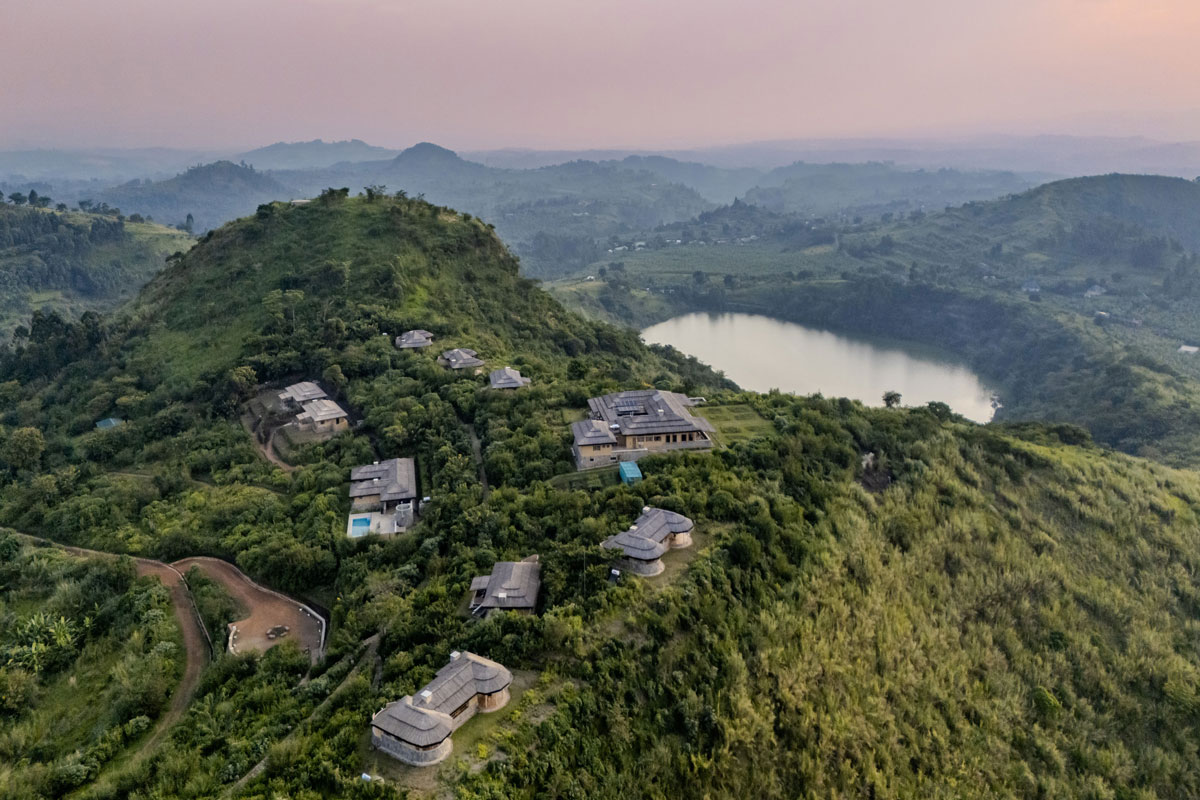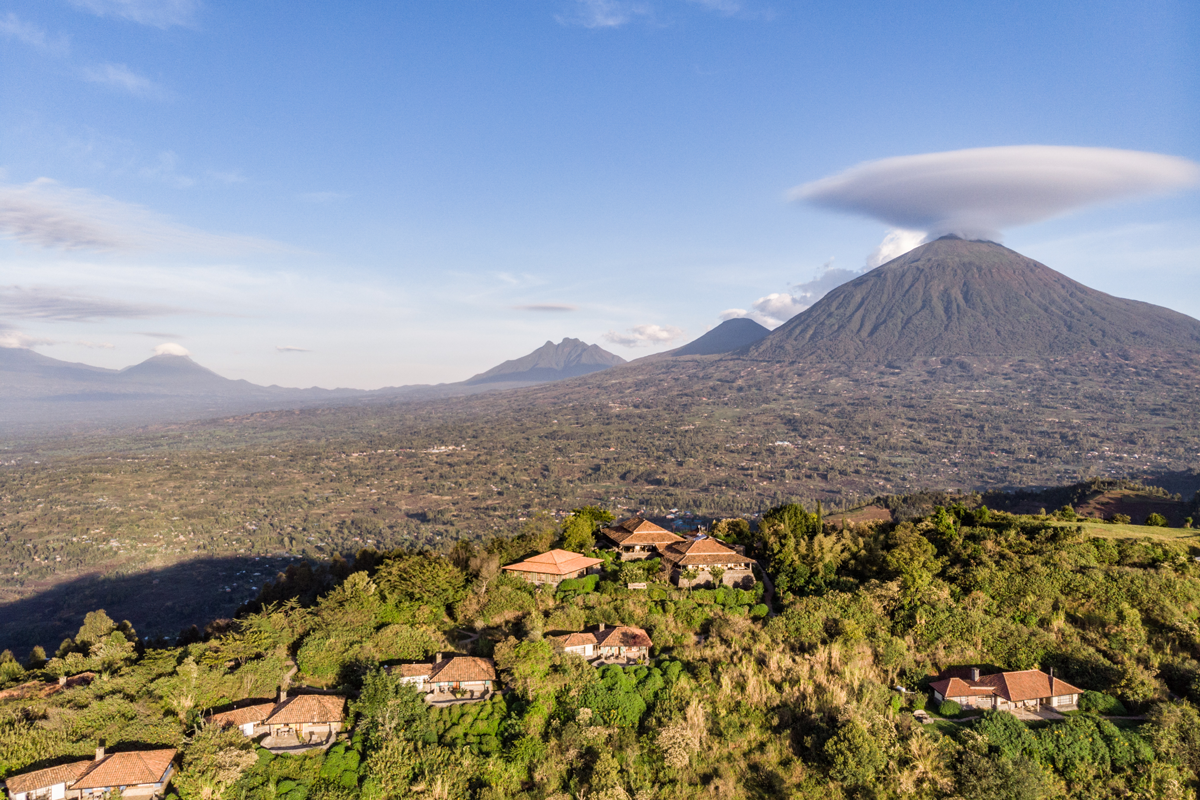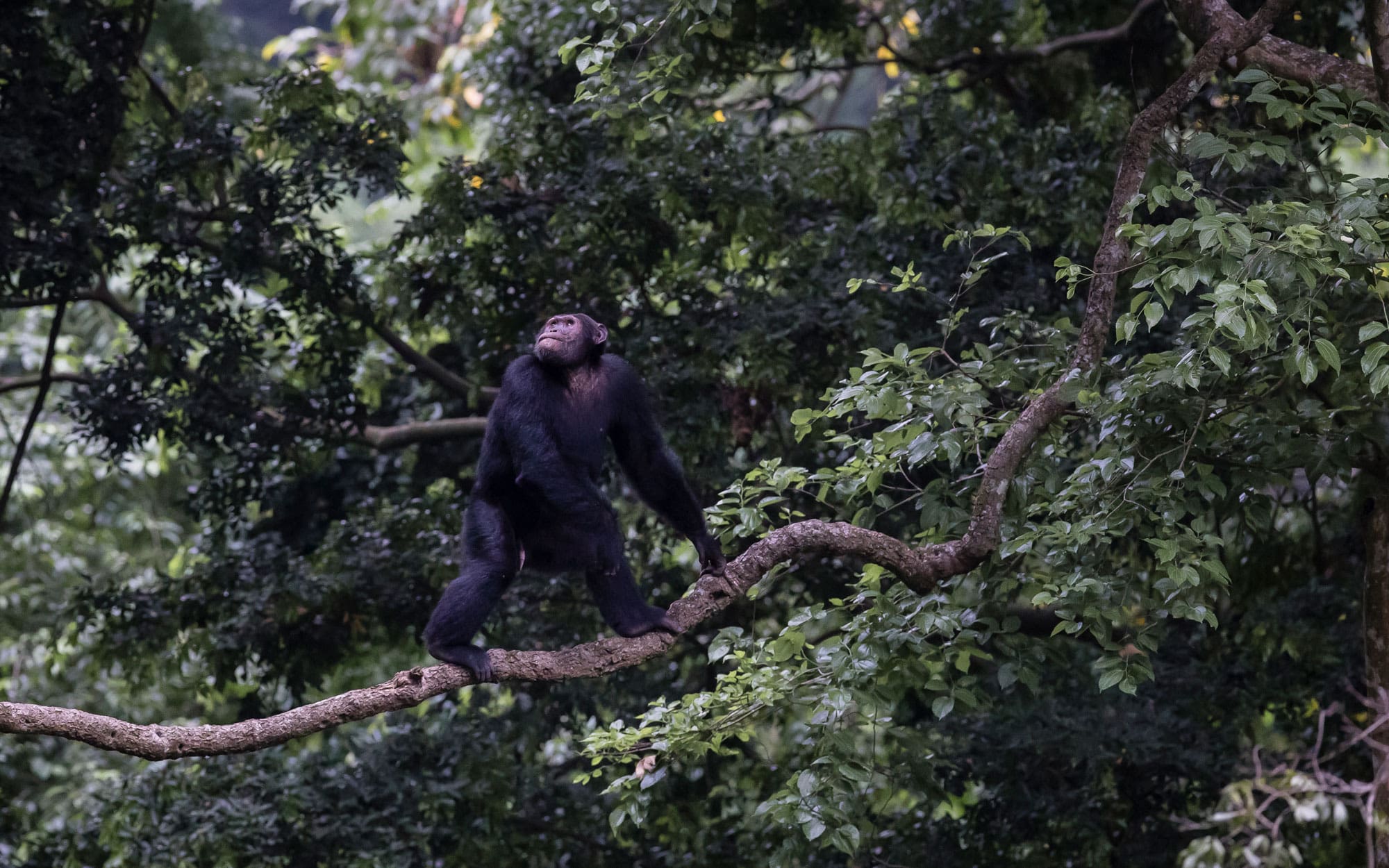Since last Saturday the town of Kisoro has been without power. The problem, apparently, is in Rwanda where the power comes from and as such the larger town of Rukengeri/Muzanzi (one town two names) in Rwanda has also been without power. To make matters worse, the rumour is that a major transformer has been fried by lightning/badly maintained/simply given up (delete as appropriate), and it cannot be replaced or repaired without some equipment from South Africa. Meaning that for the foreseeable future, two of the largest towns in the region are without electricity. Now, in the Western world this would be annoying as it would mean the fridges and freezers would not work, no television, charging of laptops or phones and you might miss a guild quest or two on World of Warcraft (should you be of that persuasion) but all these can be described succinctly with the twitter hashtag #firstworldproblems. In this part of the world the issue is more fundamental: no water.
Yes, the lack of power means the pumps that run the intermittent water supply lie silent and the status of the rural water taps has gone from sometimes to never. As a result, the queues at the rural springs are twice as long and everybody in the local area with a jerry can and a bicycle or car is making a mint (the going rate for 20l of undrinkable water is 1500sh). Luckily, dry season ended with a vengeance about 3 weeks ago, so the flow from the spring has changed from a drink to a solid trickle, so the average wait is only 2 hours as supposed to 4 or 5. But it still represents a significant chunk of a rural woman's day.
Now where I live we collect rainwater and rely on solar power, and while I often curse the glut of the former and dearth of the latter, in reality having a reliable supply of water and power is a luxury that too many people take for granted.




















